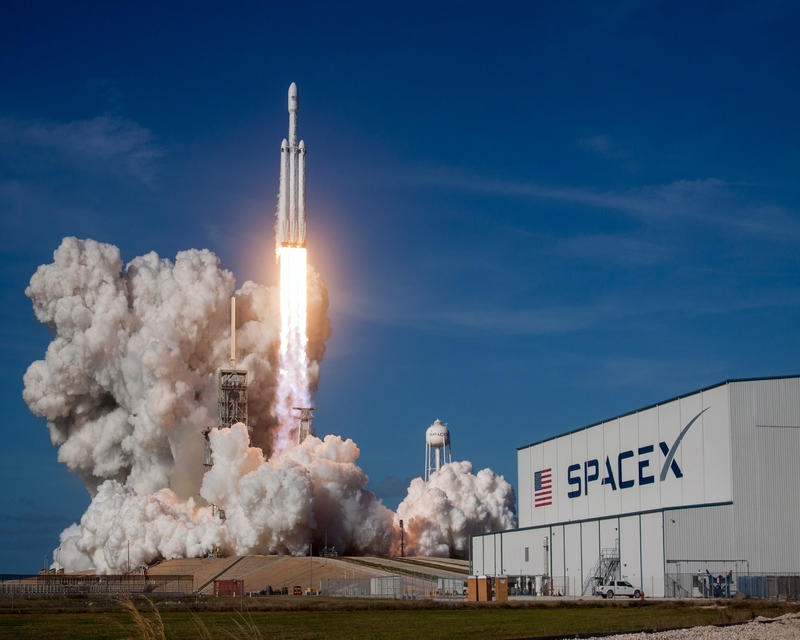Space race vs. human race
Nov 24, 2021
“I think the human race does not have a future if we do not go into space. We need to expand our horizons beyond planet Earth if we are to have a long-term future,” said Stephen Hawking, renowned theoretical physicist, in an interview with Julian Guthrie, the author of “How to Make a Spaceship.”
However, the modern space race has become a contest between billionaires: not for the advancement of the human race, but simply for flaunting technological developments.
Having already spent hundreds of millions dollars on its space capsules, SpaceX by Elon Musk is competing with Blue Origin by Jeff Bezos, who has spent $5.5 billion on a single space trip. Though they spend impressive figures on space exploration, these frontrunners must realize that humankind comes first. These billionaires must learn to spend money more wisely or practice effective altruism: a philosophy of helping others more than focusing on self-interest.
Take Sam Bankman Fried, the CEO of FTX Trading Limited, a cryptocurrency exchange company, for example. In only three months, Fried amassed $10 billion, only to give half of it away to charity. “Imagine the amount of good that you could do working directly for some cause… in a lot of cases you could probably actually help them out with more donations,” said Fried. Not everyone is like Fried, of course, but Bezos and Musk could definitely distribute their huge sums of money in a more insightful way.
For example, the $5.5 billion could have been spent on current world issues. According to Global Citizen, an international organization catalyzing movements to end extreme poverty, Bezos’ flight space money could have fully funded humanitarian efforts in Nigeria, the Democratic Republic of Congo, Afghanistan, Venezuela, Yemen, and Horn of Africa. What is more, Bezos’ money could have fully funded COVID-19 Vaccines Global Access to secure vaccines for 2 billion people in low-income countries.
Furthermore, with $100 million Musk spent building his space capsules, one could buy 28 commercial wind turbines which could produce enough energy to power between 16,000 to 21,000 homes for an entire year. Even though this impact may not sound as grand as what Bezos could have done, saving energy supplies is still crucial nonetheless to avoid energy depletion, a potential threat to our society.
However, proponents of space exploration would point out that Bezos and Musk are investing in the future of humanity: a price tag could not be put on their efforts. They are not only making scientific breakthroughs, but they are also sparking interest in the field, creating new jobs, and working towards building a sustainable future that has more long-term effects than humanitarian efforts directed towards a single country. Even frequently used technological resources have stemmed from past space explorations, including LED lighting which many of us use on a daily basis. This means further space exploration may introduce more innovative, useful resources to the future of the human race.
But the problem with the current space race is not that space exploration has absolutely no benefits. Rather, the issue stems from the fact that it’s overblown at this point. When incomprehensible amounts of money are being spent on projects that are remote from most people’s everyday lives, we must question whether that money could be directed elsewhere to have more direct impacts. Perhaps humanity in a hundred years will be thankful for these billionaire’s efforts, but blindly spending money toward a murky future is unwise and risky.
To avoid wasteful spending, billionaires need to more deliberately use their wealth. Not limited to Bezos and Musk, but other growing billionaires need to prioritize contributing to the human race. As Bill Gates, the founder of Microsoft, commented, there is “a lot to do here on Earth.” But still with continuing investment in space exploration, more effective altruists will need to be present for the brighter prospect of our society.

















